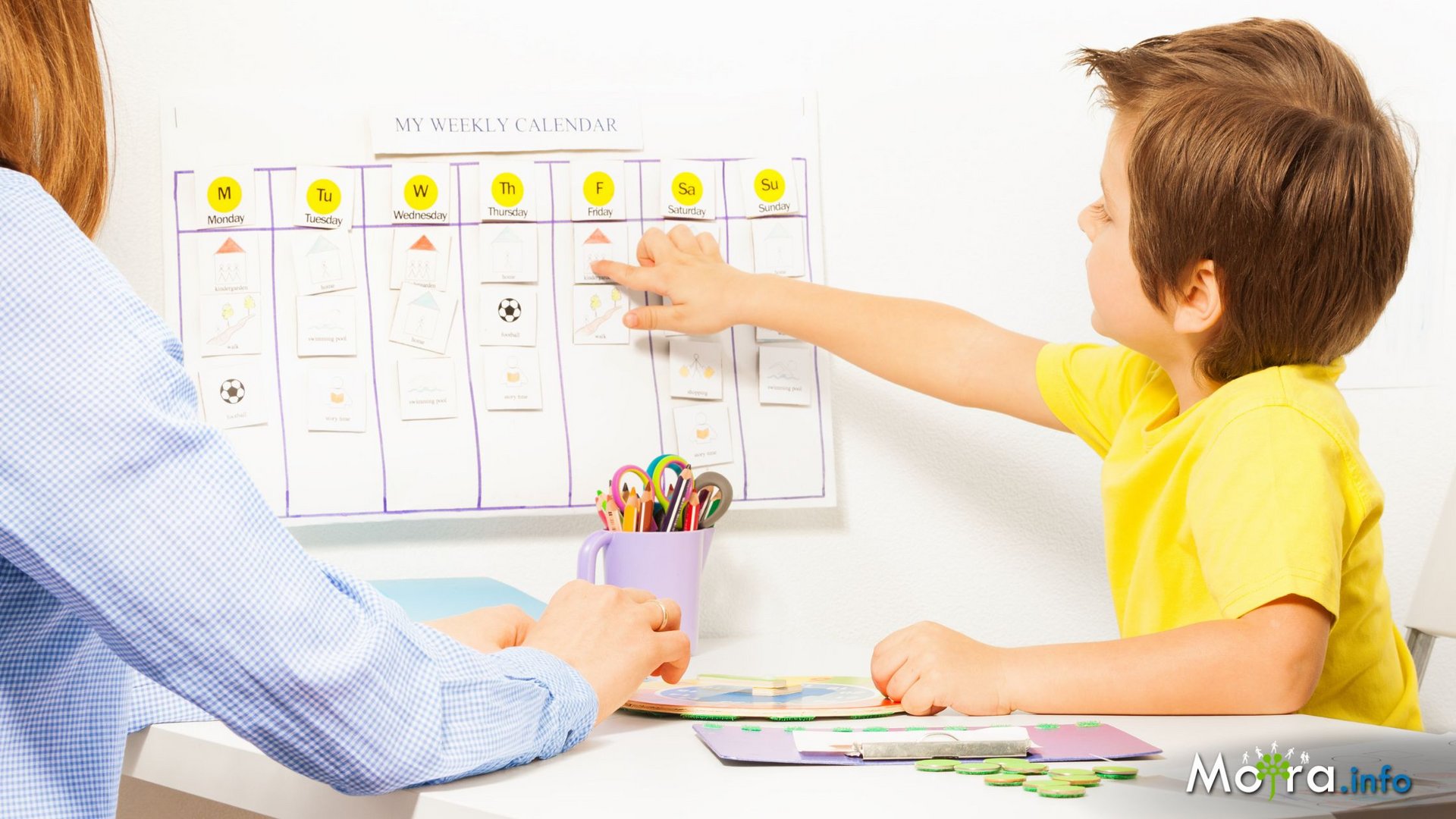Author: Psychological Counseling Center | Advice for Parents and Students | Tips for Better Time Management for Parents and Students
Balancing time between school responsibilities, hobbies, and relaxation is one of the biggest challenges students face. While academic success is undoubtedly important, personal development, health, and student satisfaction are equally significant. In today’s rapidly changing world, the ability to effectively manage time and find balance between different aspects of life is crucial for overall well-being and success. Whether it’s academic performance, talent development, or simply relaxing while studying, finding the right balance is essential for long-term success and happiness.
The Importance of School Responsibilities
School responsibilities and studying are essential for a student's personal development and future. Lectures, seminars, homework, and exams help build discipline, responsibility, and the ability to manage one's time effectively. These activities foster critical thinking, creativity, and collaboration with others. By completing tasks and participating in classes, students gain necessary knowledge and skills. Performing well in school opens doors to various future opportunities, whether in career or personal life. Therefore, it is crucial for students to take their school responsibilities seriously and dedicate regular time to them. Ignoring school duties can lead to gaps in education and limited future opportunities.
For younger students, responsibilities are fundamental for building good habits and discipline. It’s important for children to gradually learn to establish a routine for completing homework and preparing for classes. Parents play a crucial role in creating a positive environment where children feel supported and motivated to achieve their goals. Similarly, teachers and caregivers should also strive to create a positive classroom atmosphere.
To help children develop the best habits from a young age, the following steps are important:
- Consistent Schedule – Doing homework at a regular time helps children get used to a new routine.
- Patience and Support – Every child has their own pace in writing, calculating, or solving tasks. Parents should be understanding and allow the child as much time as needed. The child should be praised for completing homework well. Even if things don’t always go well, parents should motivate their child with encouraging words and assure them that their work will improve with gradual practice.
- Reward System – Giving children small rewards for completing homework can motivate them to fulfill their responsibilities regularly and responsibly.
- Suitable Environment – A tidy desk, a well-lit place free from distractions supports concentration and is ideal for effective learning.
For children with specific needs or disabilities, an adapted approach is necessary. These are children who have attention disorders, learning difficulties, or other limitations that prevent them from learning like their peers. Each of these children is unique and requires an individualized approach. Tasks and learning methods should be adjusted to the child's specific characteristics and needs. For children with disabilities, various technologies, such as reading or writing support apps, can be helpful. Collaboration and professional help from psychologists or special educators also have benefits in finding the best practices and methods to support the child’s learning. Finally, as with typically developing students, parents should encourage the abilities and efforts of children with limitations. It’s important to praise even small visible progress. This increases their motivation not only in learning but also in everyday life. Motivating a child with a disability or specific needs requires a sensitive approach, patience, and understanding. Parents should be the greatest support and role models for their child in striving to achieve academic results and goals.
Why Hobbies are Important?
Hobbies are very important alongside school responsibilities for several reasons. Overall, they play a significant role in personal development and mental well-being. Activities that we enjoy can help us unwind, acquire new skills, and meet new people. They help students develop various skills and interests outside of the academic sphere, contributing to their overall personal development. It’s important to allocate time for activities that fulfill us and bring us joy.
Hobbies provide a necessary break from school duties. They help students relax, reduce stress, and recharge. Many leisure activities allow students to discover and develop their talents and interests, whether in sports, music, art, technology, or other areas. They also increase student socialization, as activities often involve collaborating with others, which fosters the development of social skills like teamwork, communication, and empathy.
Balancing school responsibilities and hobbies teaches students how to effectively manage their time and supports their self-discipline. Additionally, activities such as sports promote physical health and reduce time spent on social media. If a student achieves success in their hobbies, it can definitely boost their self-esteem and motivation, which can positively affect their academic performance. Therefore, hobbies and leisure activities are an integral part of a healthy and balanced life during school years.
Rest and Relaxation
Rest is an essential component for the regeneration of a student’s body and mind. Constant stress from school duties and disrupted sleep can negatively impact academic performance and physical and mental well-being. Rest and quality sleep should be a priority for every student as they improve concentration, memory, and productivity.
How to Best Balance Time Between Responsibilities, Hobbies, and Relaxation?
Self-discipline, motivation, and planning – all these are necessary for balancing school duties, entertainment, and rest. Here are some strategies that students can follow:
- Set Priorities – Prioritizing the most important tasks and addressing them first helps reduce stress and ensures that key issues are not overlooked. The ability to differentiate between what is important and what is urgent is crucial for effective time management.
- Create a Schedule – Planning time is key to successfully managing responsibilities. Creating a weekly schedule that includes time for studying, hobbies, and relaxation can help maintain balance. It’s important to be realistic and not overload the daily schedule.
- Effective Studying – There is no need to study for excessively long periods. It’s better to use techniques involving short but intense study sessions followed by brief breaks. This approach increases productivity and reduces fatigue.
- Exercise – Regular exercise helps alleviate stress, improve mood, and increase energy. Sports activities are a great way to spend time with friends and gain new experiences.
- Use Free Time Wisely – Actively deciding how to use free time can contribute to better balance. Instead of watching TV or spending time on social media, it’s better to engage in activities that genuinely interest and satisfy us.
- Self-Awareness – Every person is unique, and what works for one may not work for another. It’s important to know your needs and be flexible in planning time. If something doesn’t work, don’t hesitate to change your approach and try new methods.
Such a balanced approach has many benefits. Firstly, it improves a student’s academic performance. Students who make time for fun and relaxation tend to be more productive and better focused on their studies. Balance between responsibilities and free time significantly contributes to reducing stress and improving overall well-being. Students who allocate time for their activities are usually happier and more content. Activities and hobbies contribute to the development of various skills and abilities that can be useful in personal and professional life. These experiences can enrich life and open new opportunities for young people. More time with family and friends helps build strong and healthy relationships. A balanced approach to time allows students to also engage in social activities, which enhances their mental well-being.




























Enter your comment.